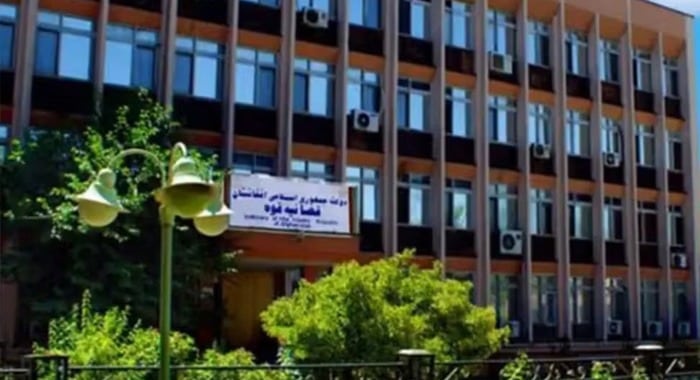The Taliban Supreme Court has confirmed that 14 individuals, including one woman, were publicly flogged across four provinces; Kabul, Khost, Parwan, and Paktika, on charges ranging from drug trafficking and theft to running away from home.
The announcement, made on Thursday, June 5, marks yet another wave of corporal punishments carried out under the Taliban’s strict interpretation of Sharia law. In addition to the lashings, several individuals received prison sentences ranging from six months to four years.
In Kabul alone, nine people were sentenced to between 10 and 20 lashes for alleged involvement in selling and trafficking narcotics, along with six to seven months in prison.
In Parwan, a woman and a man were publicly flogged for attempting to run away from home, a charge the Taliban continue to treat as a criminal offence under their judicial code. Meanwhile, two people in Khost faced similar punishment for drug-related charges.
The court also reported that a man in Khost was sentenced to 36 public lashes and two years in prison for theft. Two more individuals in the same province received sentences of 35 to 39 lashes, along with prison terms ranging from two years to eight months.
In one of the harshest rulings, a woman in Parwan and a male defendant were sentenced to four years in prison and 35 lashes each.
This string of punishments is part of a broader escalation in public corporal punishments by the Taliban. In just the past week, at least 41 individuals have been flogged across the country. Taliban authorities insist these acts are the implementation of Sharia, despite global condemnation.
International human rights organisations have strongly opposed such actions, labelling them inhumane, cruel, and a violation of international law. Yet, the Taliban’s judicial system remains unmoved, continuing to use public floggings and executions as tools of enforcement and social control.
Observers warn that such punishments are likely to increase as the Taliban further consolidate power, raising urgent concerns about the erosion of human rights, particularly for women, youth, and vulnerable communities in Afghanistan.





